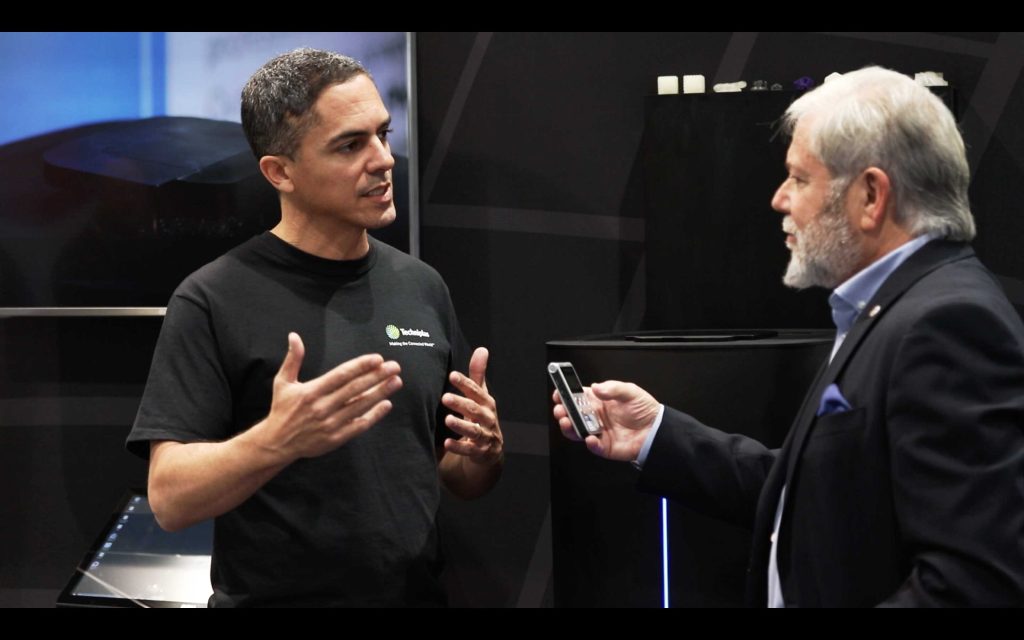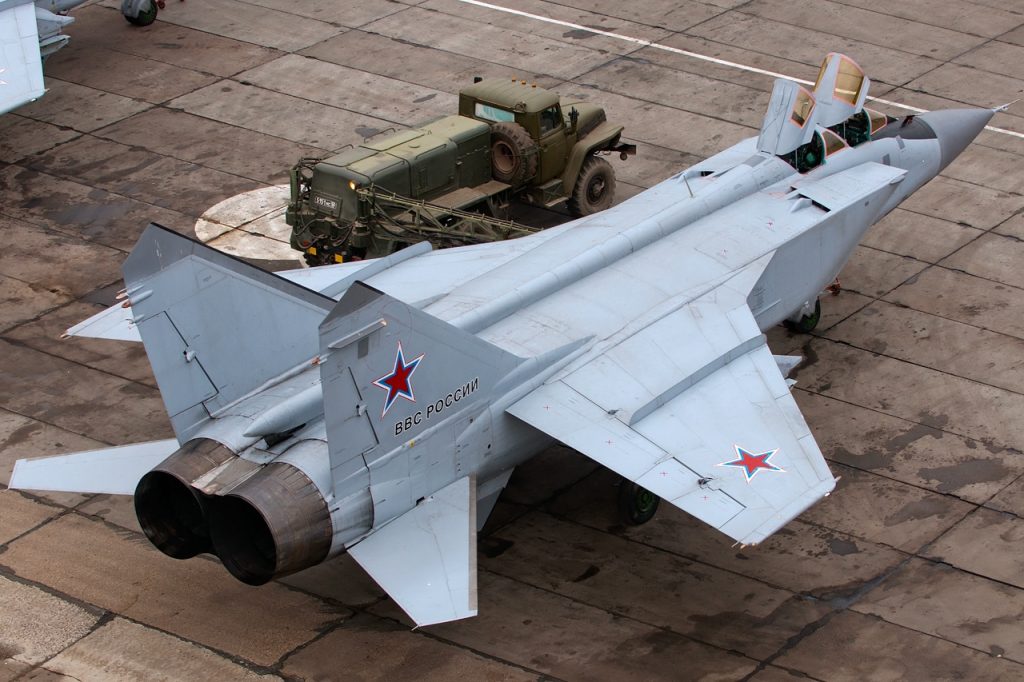Many of the world’s leading 3D printing companies have decided to take a stand over Russia’s invasion of Ukraine by refusing to deal with the country’s firms.
With Russian forces currently in the midst of a full-scale assault on Ukrainian territory, the Western world has responded by hitting the former with sanctions designed to cripple its economy, and supporting the latter with military equipment.
Whether through necessity or a moral undertaking, a number of high-profile 3D printing companies, including the likes of EOS, 3D Systems and HP have now followed suit, by ruling out sales to Russian businesses. This stance has also been replicated by Zortrax, which has broken off share negotiations with a Russian buyer, while more broadly, the invasion has drawn the ire of the 3D printing community.
“The unprecedented, unilateral and frankly insane military aggression, conducted by the Kremlin for nefarious reasons against the Ukrainian people, is harming ordinary Ukrainians and exacting a horrific human toll across the board, that saddens me to my core,” Nexa3D CEO Avi Reichental posted on Linkedin. “Now is the time for the free world’s duly-elected leadership to stand united and be counted.”
3D Printing Industry understands that a broader statement from the Additive Manufacturing industry will be published on Friday.

Sanctioning Russian aggression
With the Russian invasion now in full swing, and the country’s forces seemingly intent on capturing Ukraine’s capital, Kyiv, countries around the world have hit it with sanctions in an attempt to dissuade its leadership from further acts of aggression.
These state-level deterrents, which have so far targeted high-ranking officials and Russia’s broadcasters, as well as its aerospace industry, energy sector, banking system and sportspeople amongst others, are beginning to be reflected in the business world as well. Apple, for instance, says it’s pulling both its physical and virtual products from the Russian market, following similar moves by Ford and Nike.
This response is now being echoed in the 3D printing industry as well, with EOS’ CEO Marie Langer taking to Linkedin to announce that as of February 25, 2022 her firm had ceased doing business with Russian companies. While admitting that the move will have “consequences for her business,” she said it’s the right time to “stand up for our democratic beliefs” and “fight together for peace.”
Likewise, on 3D Systems’ Q4 2021 earnings call, its CEO Jeffrey Graves announced that it too would be taking a stand against the “unacceptable humanitarian implications” of Russia’s invasion, by immediately suspending all sales to Russia. That being said, when pressed by analysts, Graves did describe the move as “symbolic”, and he even said the firm could seek to address markets there once the invasion is over.
Alongside HP’s Q1 2022 financials, meanwhile, its CEO Enrique Lores revealed that it too would be ‘complying’ with US government sanctions, but stopped short of criticizing Russia’s acts with the same gusto as his competitors. Describing the situation in Ukraine as the “latest in a series of global challenges,” Lores admitted that the sanctions would likely affect HP’s “top line and bottom line” across FY 2022.

Wider 3D printing repercussions
As well as prompting a number of sales embargoes to Russian firms, the invasion has also had repercussions for wider business deals and the work of Ukraine-based researchers across the 3D printing sector. In the case of Zortrax, the company has revealed that it was in negotiations over the potential sale of half its shares to Rusatom – Additive Technologies, otherwise known as ‘RusAT.’
However, given Russia’s assault on Ukraine, the firm has now not just prolonged the deal but scrapped it entirely, even though it stood to gain $65 million worth of investment. In a public statement issued to announce the move, Zortrax reiterated its disgust for the invasion, while claiming that its decision “will not negatively affect its performance,” its ability to develop new products or its “financial standing.”
“Russian aggression against Ukraine left us all shocked and outraged. It also rendered it absolutely clear that Zortrax’s mission cannot and will not be financed with money that made this aggression possible,” said Mariusz Babula, CEO of Zortrax. “For this reason, we are withdrawing from further negotiations with Rusatom – Additive Technologies which is a Russian state-owned company.”
Elsewhere, Russia’s invasion has disrupted the work of researchers based in Ukraine as well, many of whom have had to seek refuge away from their labs. At a university level, this has prompted teaching staff such as KU Leuven’s Yiannis Pontikes to offer those researching the powder metallurgy of building materials a free research visit, in a Linkedin post which has accumulated over 120,000 likes.
Prioritizing the safety of its employees, Launcher has also relocated 10 of its 16-strong team working in Dnipro, Ukraine, to Sofia in Bulgaria. The company says that it did so while inviting their immediate family to join them, and paying all related expenses, plus it continues to support the six staff members that chose to remain in the country. Launcher adds that given it has established a strong US operation, the move won’t affect its Orbiter and Light product development moving forwards.

Will the sales embargo succeed?
With some of the world’s largest 3D printing firms announcing they’ll be boycotting sales to Russian businesses, it’s worth asking why they’ve done so. Well, just like Rostec, several other Russian state-backed companies have also turned to additive manufacturing, in a bid to optimize their part production workflows, including those with military applications.
UEC-Perm Motors and UEC-Star, an affiliate of state-owned Rostec, for example, are reported to have used 3D printing to carry out engine upgrades on MiG-31 fighters. These jets could have significance in the current conflict in Ukraine, given that they’re capable of carrying Russia’s latest ‘Dagger’ hypersonic missiles, weapons with the speed and range needed to potentially influence its outcome.
Although the Western machines fitted at Rostec’s Additive Technologies Center could therefore be used to support the Russian war effort, there’s not much that can be done to prevent this. Moving forwards though, by refusing to deal with Russian manufacturers, 3D printing firms can at least limit their technologies’ impact on the conflict, and in the weeks ahead, it’s likely that more will do the same.
To stay up to date with the latest 3D printing news, don’t forget to subscribe to the 3D Printing Industry newsletter or follow us on Twitter or liking our page on Facebook.
For a deeper dive into additive manufacturing, you can now subscribe to our Youtube channel, featuring discussion, debriefs, and shots of 3D printing in-action.
Are you looking for a job in the additive manufacturing industry? Visit 3D Printing Jobs for a selection of roles in the industry.



